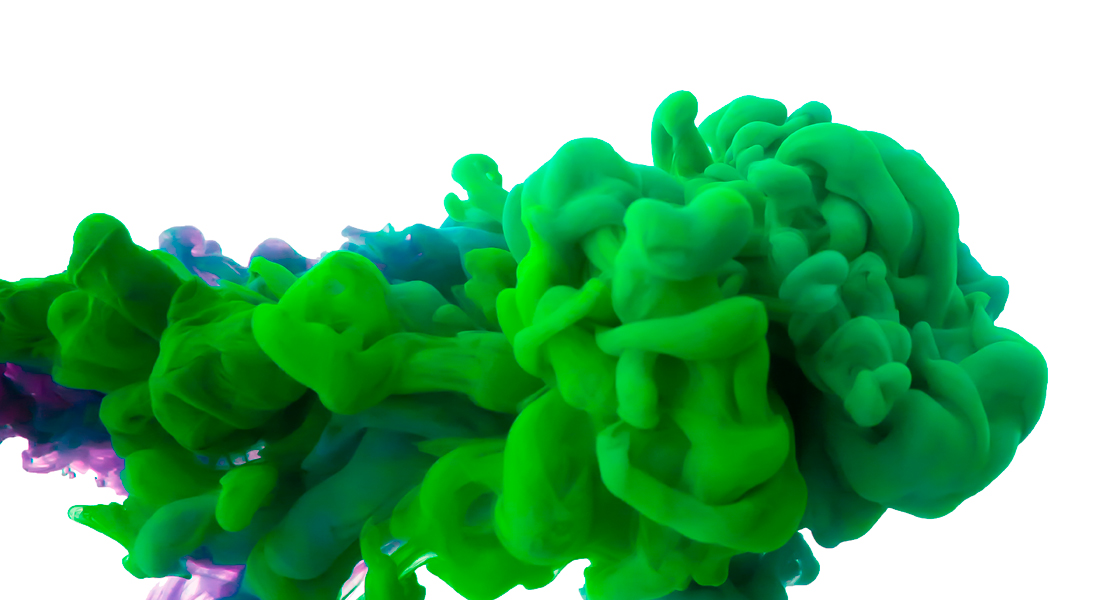SODAS Data Discussion 22 April 2022

Copenhagen Center for Social Data Science (SODAS) aspirers to be a resource for all students and researchers at the Faculty of Social Sciences. We therefore invite researchers across the faculty to present ongoing research projects, project applications or just a loose idea that relates to the subject of social data science.
The rules are simple: short research presentations of ten minutes are followed by twenty minutes of debate. No papers will be circulated beforehand, and the presentations cannot be longer than five slides.
Presenter: Cathrine Valentin Kjær, Research Assistant at SODAS, working on the HOPE project.
Title: Content Removal by Social Media Platforms
Abstract: What content is removed from social media platforms and what drives these decisions? Historically, large-scale censorship of public debate has been a state monopoly . With the advent of Web 2.0, that has changed; as the public sphere is increasingly moving to global private social media platforms, so has the ability to censor the public debate. In such a content removal system governed by private social media companies, it is increasingly important to map potential biases and discuss their democratic implications, as private companies are not obliged by democratic ideals. Despite this, most studies focus on analyzing the content which remains on the platforms rather than what is deleted.
We address this shortcoming, presenting the first successful attempt at identifying and analyzing content removed by Twitter. Exploiting the fact that Twitter replaces every deleted tweet with a label explaining why the tweet is missing, we set up a novel method for data collection. Using this method we continuously monitor and scrape the labels of around 16 million live-collected English Tweets. With this unique data set, we are then able to characterize what makes tweets most likely to be deleted. Our study contributes to existing research on online censorship and the nature of Twitter as a social science datasource. More broadly, we highlight a major democratic challenge of digital democracy, namely that on Twitter, certain political topics and people seem to be systematically excluded from online public debate.
- - - - - - - - - - - - - - - - - - - - - - - - - - - - - - - - - - - - - - - - - - - - - - - - - - - - - - - - - - -
Presenter: Elena Fernandez Fernandez, Marie Curie Post-Doctoral Researcher, University of Zurich, Department of Computational Linguistics.
Title: “Time, Technology and Globalization. A study of the role of technology in processes of modernization and globalization using the Press, Big Data, and Computational Research Methodologies.”
Abstract: The EU-funded GLOTECH project comprises a study of the role of technology in processes of modernisation and globalisation using the press, big data and computational research methods. It will explore the role of technology as a factor of time standardisations in Western industrialised societies as well as a booster of cultural homogenisation, and as a consequence, an agent of modernisation and globalisation. The analysis will focus on the press in European countries, the United Kingdom, and the United States. The methodology will include different computational research methods, contributing to significant advances in digital humanities and computational social sciences.
